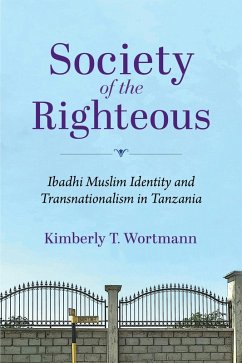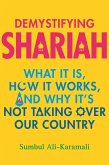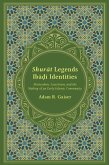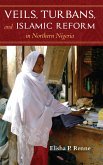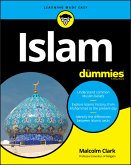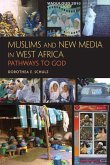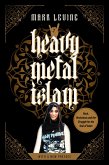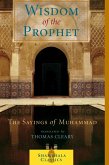Though the Omani sultanate's power ended in Tanzania more than 50 years ago, its imperial legacy persists today-as do its unique religious communities. Neither Sunni nor Shi'a, the Ibadhi Muslims of Oman have used a rhetoric of tolerance and peaceful coexistence to spread their beliefs through North and East Africa, including a small but significant percentage of Zanzibar's Muslim population.
In Society of the Righteous, Kimberly T. Wortmann traces the ways that Tanzania's Ibadhis have countered suspicions of outside influence and elitism through charitable giving, intra-Muslim cooperation, and economic development. Focusing on the efforts of the Istiqaama Muslim Community, a transnational charity network established in Oman and Tanzania in 1995, she reveals the strategies used by these "People of Truth and Righteousness" to ensure the survival of their unique religious adherences and doctrines. The various schools, mosques, radio stations, and charities established by Istiqaama are key to the Ibadhi community's self-representation as a model for religious tolerance, along with its African and Arab kinship networks, merchant capital, and the efforts of local women's networks.
By studying the complexities of a religious community whose significance has been obscured by the limitations of area studies paradigms, Society of the Righteous shifts the discussion of global Muslim religion and politics beyond the usual concerns with tradition versus modernity, contestations between various branches of Islam, and the global war on terror.
In Society of the Righteous, Kimberly T. Wortmann traces the ways that Tanzania's Ibadhis have countered suspicions of outside influence and elitism through charitable giving, intra-Muslim cooperation, and economic development. Focusing on the efforts of the Istiqaama Muslim Community, a transnational charity network established in Oman and Tanzania in 1995, she reveals the strategies used by these "People of Truth and Righteousness" to ensure the survival of their unique religious adherences and doctrines. The various schools, mosques, radio stations, and charities established by Istiqaama are key to the Ibadhi community's self-representation as a model for religious tolerance, along with its African and Arab kinship networks, merchant capital, and the efforts of local women's networks.
By studying the complexities of a religious community whose significance has been obscured by the limitations of area studies paradigms, Society of the Righteous shifts the discussion of global Muslim religion and politics beyond the usual concerns with tradition versus modernity, contestations between various branches of Islam, and the global war on terror.
Dieser Download kann aus rechtlichen Gründen nur mit Rechnungsadresse in A, D ausgeliefert werden.

